Rental Property Investment: A Passive or Active Income Option?
When considering a financial investment strategy, the concept of passive income often carries an appeal of easy money flowing effortlessly into your bank account. Traditionally, passive income is earned from activities in which the individual is not materially involved on a regular basis. It is different from active income, which is earned through direct involvement in business operations.
An Effortless Revenue Stream?
There may be periods where positive cash flow through rent payments from income property investments seems effortless. More often than not, however, active and ongoing effort is needed to be certain your obligations and responsibilities as a landlord are met. In the world of property investment, successful ventures demand a dynamic blend of active engagement, strategic foresight, and an unwavering commitment to your financial future through effective property management.
It’s In the Details
Overseeing a rental property comes with a commitment that extends beyond income. Success hinges on meticulous attention and active involvement so that you, as a responsible landlord:
- Actively manage the investment property by coordinating tenant move-in’s/out’s, advertising/marketing, tenant screening, negotiating the lease agreement, addressing tenant inquiries and/or concerns, nurturing the relationship, coordinating and overseeing repairs and maintenance, addressing strata corporation requirements and council communications.
- Spend time on regular inspections, tenant engagement and relationship building, and keeping up with community and industry regulatory changes.
- Keep detailed records.
- Protect and maintain a positive cash flow current payable accounts to protect vendor relationships through diligent recordkeeping and financial oversight.
- Know when to seek out specialized consulting to stay on top of legal, tax, and regulatory obligations.
Beyond the ledgers and rent checks lies a multifaceted responsibility and role that directly influences your property’s health and your tenant relationships. This commitment to the details not only promotes financial prosperity but also cultivates a positive reputation as a landlord.
Income Tax Considerations (Canada): Passive v. Active
Rental Income is passive income from a taxation perspective in Canada unless the requirements for Active Business Income are met. Rental income, after deducting eligible expenses, contributes to your personal income tax calculations. For those who are shareholders or partners in a rental property, this benefit or deduction is distributed among all owners depending on the ownership share structure.
Active Business Income refers to earnings generated from a company’s core operation. While income from most businesses qualify as active business income, income from rental property is normally taxed as passive income unless certain criteria are met. These criteria will include consideration to the extent of services provided by the property owner to the property and its tenants, such as janitorial, security, and maintenance services, and usually requires that the company have a certain number of employee’s that participate in its operation.
There are additional considerations for income property investors that are not residents of Canada. If you earn rental income from Canadian real estate and are considered a “non-resident”, your tenant or agent (often the property manager) must withhold 25% of the GROSS rental income and submit it to the CRA by the 15th of the following month. Failure to do so incurs penalties, calculated as daily compounded interest on the outstanding amount. Alternatively, under Section 216 of the Income Tax Act, you can opt to file a separate Canadian tax return to calculate and pay income tax on the NET income. Any surplus tax withheld may be refunded to you.
Eligible Deductions from Rental Income (CRA)
Reasonable expenses can be deducted from rental income for the purpose of calculating payable income tax and are categorized as “current expenses” or “capital expenses”.
Current expenses generally occur over a short or recurring period and can be incidental in property ownership and its rental. These following are allowable expense deductions from rental income:
- Advertising
- Insurance
- Legal and Accounting Costs
- Repairs & Maintenance
- Office & Supplies
- Property Taxes
- Mortgage Interest (but not Principle)
- Mileage & Travel
- Utilities
- Employee Compensation
- Management Fees
Capital expenses provide a lasting benefit or advantage to the property (ie. major repairs, renovations or equipment replacement). The allowable deduction for these expenses is called a “Capital Cost Allowance” and is calculated over the anticipated life of the benefit as stipulated by Canada Revenue Agency Guidelines.
Beyond Passive (Rental) Income
The simplified perspective of rental income as passive is just the surface. In reality, a viable property investment demands engaged and diligent management, adaptability to market and regulatory fluctuations, and proactive upkeep. Though the legal term “passive income” is accurate from a tax perspective, successful rental property investment does necessitate active involvement to ensure the property and/or portfolio’s financial health, tenant contentment, and long-term value.
Financial Goals & Long-Term Vision
Property value appreciation and leveraging rental income to pay down mortgages and build equity are common goals for investors, contributing to retirement planning and creating generational wealth. Are you entering the income property business to secure a job or to build an investment portfolio while pursuing other career or philanthropic callings?
As buildings should endure more than one lifetime with the right operational and fiscal strategies, the driving objective should be clear throughout the lifespan of the investment. Current knowledge, patience, and tolerance to risk is vital when weathering inevitable discomfort felt through many market cycles. When investing in rental property, whether it is a single unit or a multi-unit building, do not expect to get rich quick.
Time Well Spent
The time you invest in understanding the investment, the time you allocate for efficient management, and the time spent envisioning and strategizing on the beneficial outcomes in the investment influences your success. How you choose to allocate it can significantly impact your investment. The value of your time cannot be overstated.
Trusted Partnerships
Engaging a property management professional is not just about delegating tasks; it’s an investment in expertise. When you enlist their services, you’re essentially purchasing their time, their experience, and their extensive knowledge of the field. It’s a compounding investment – the insights gathered from various properties are distilled into a streamlined approach for your unique situation.
In a world where every decision affects your bottom line, the partnership with a professional property manager provides a strategic advantage. As the real estate landscape evolves, with increasing regulations, market fluctuations, and tenant expectations, the significance of this advantage cannot be overstated. This is especially true when considering the escalating costs of owning investment property – from maintenance and repairs to insurance and compliance.
Expert Consultation Encouraged
Remember, each situation is unique. Seek independent counsel, both financial or legal, as this article is offered as a starting point only and aims to provoke thought and initiate discussion. Each property is unique, and the objectives of each investor can be considerably different.
If real estate investment is part of your financial portfolio or is being considered for the future, don’t hesitate in connecting with us today. At Pivot West Commercial, we understand the importance of anchoring your investments with strategy and insight. Our expertise goes beyond traditional property management; we believe in the power of dedication and service, ensuring your real estate investment and its tenant relationships are nurtured with exceptional care.


